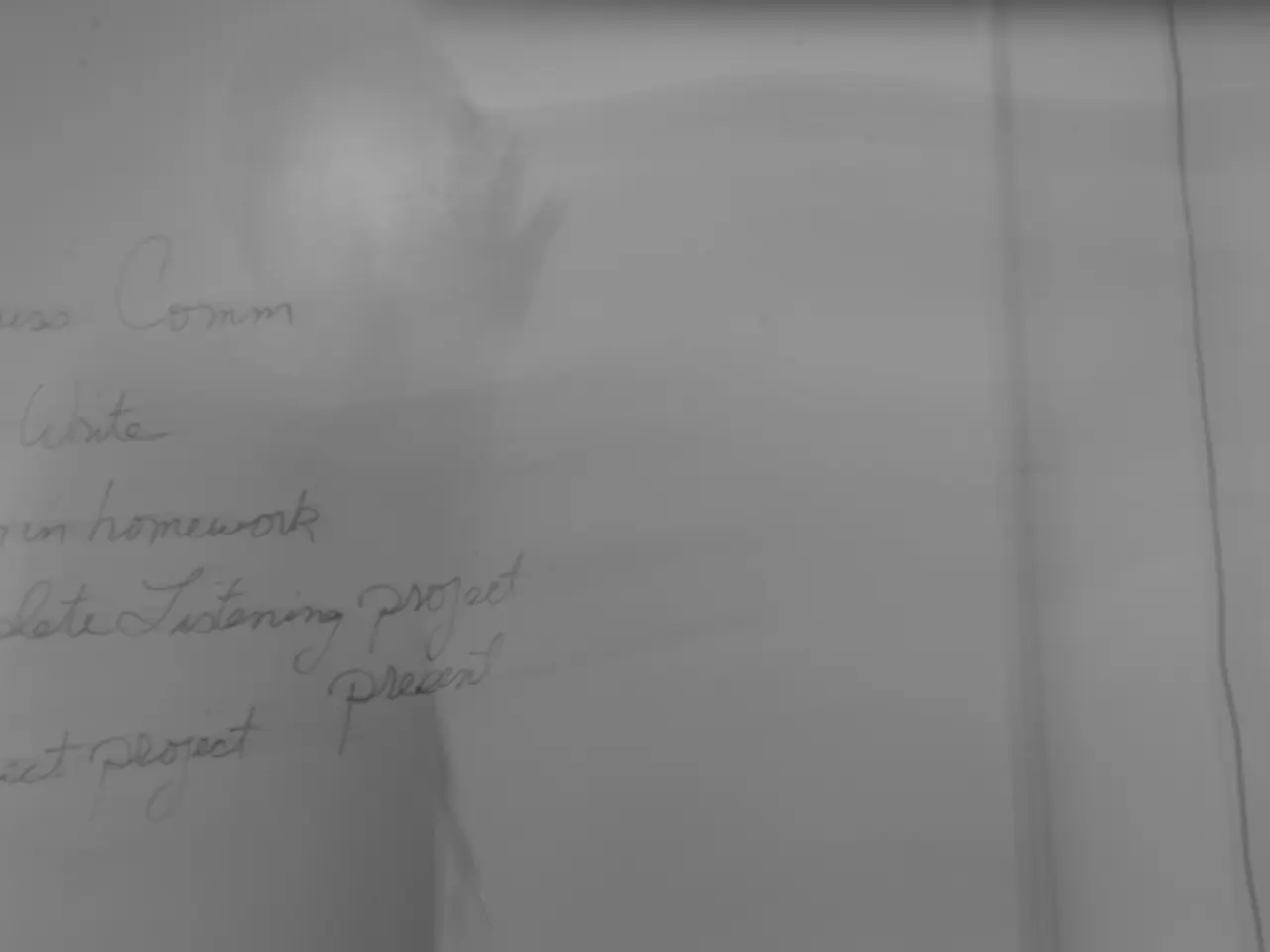Transforming Blunders into Teaching Moments: Strategies for Your Child's Growth through Errors
In a world where challenges often seem insurmountable, it's essential to change our mindset from fixed to growth. This shift in perspective means viewing mistakes not as failures but as valuable learning opportunities that pave the way for improvement.
Facing our fears is another crucial step in this journey. By confronting our apprehensions, we become better equipped to handle future challenges, fostering resilience and confidence.
The Believe Again blog and podcast offer encouragement and challenges for Childlike Faith and resilience. The blog shares articles on topics such as embracing mistakes as part of the journey to success and mastery, while the podcast shares stories of finding faith after leaving exhausting religion. Josh's book, "Believe Again: Finding Faith After Losing Religion," has been well-received, offering personal insights into this transformative process.
Preparation is another key element in this journey. By reading and studying the industry of the person you're talking to, you can improve your learning, making conversations more meaningful and productive.
Research by Amy Cuddy shows that power poses can also help manage fear and boost confidence. By adopting these postures, we can face our fears with a renewed sense of courage and determination.
Feeling "stuck" often means we're avoiding a tough decision. Getting "unstuck" means it's time to make a decision and take action to move forward and overcome obstacles.
Observing the experiences of those around us can provide valuable wisdom. By learning from others, we can avoid repeating the same errors and grow as individuals.
Taking small steps to face our fears can reduce anxiety and change our brain's fear response. By stepping out of our comfort zone and moving towards our goals, we can grow stronger and more resilient.
Even though flying is safer than smoking, facing our fears can change our lives for the better. By seeing our fears as chances for growth, we can turn failures into opportunities for learning and development.
The scripture in Philippians 1:6 tells us that the God who began a good work in us will complete it. By embracing mistakes as part of the journey to success and mastery, we can turn failures into chances for growth and development.
To help our children view mistakes as learning opportunities and build resilience, we can use several effective strategies. Normalizing making mistakes, letting them fail safely, encouraging problem-solving, using positive language, building emotional coping skills, setting achievable goals, celebrating progress, discussing feelings and reflections, and gleaning from others are all strategies that foster a growth mindset, encourage independence and problem-solving, and teach emotional resilience.
By applying these strategies consistently, we can nurture a positive attitude towards challenges and help our children bounce back stronger from mistakes. For tailored activities or further support, resources such as mindfulness workbooks for children, resilience habit guides, and pediatrician expertise are available to assist on this journey.
In conclusion, by embracing resilience and rediscovering our faith, we can see mistakes as chances to grow. By focusing on stories rather than just quotes, we can learn better. It is through our mistakes that we often discover our greatest masterpieces. The journey of "Believing Again" inspires us to overcome challenges and become stronger. Learning from others is a key strategy to avoid mistakes. By adopting a growth mindset, we can turn failures into opportunities for learning and development.
- Developing social skills is crucial in fostering respect and understanding among individuals, essential for personal growth and the building of healthy relationships.
- An education and self-development program focusing on equality could engage in discussions about the importance of understanding and respecting boundaries, potentially creating a more inclusive and balanced learning environment.
- Science is playing an increasingly important role in health and wellness, with numerous studies exploring the impact of our behaviors on our physical and mental health, enabling us to make informed decisions for a healthier lifestyle.
- As parents, learning effective parenting strategies, such as helping children view mistakes as learning opportunities, can contribute to promoting emotional resilience and building their self-esteem. By focusing on building emotional coping skills and celebrating progress, parents can help their children become more independent problem-solvers.




